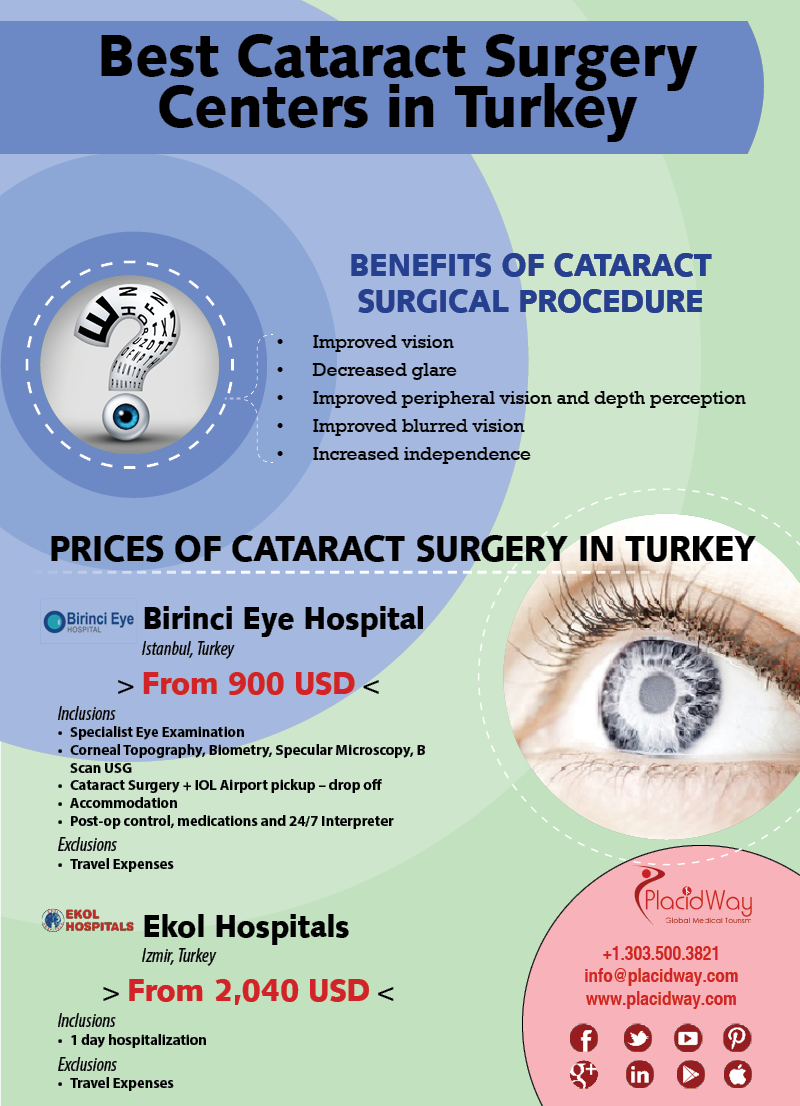Refractive Lens Exchange: An Extensive Handbook For Ideal Vision
Refractive Lens Exchange: An Extensive Handbook For Ideal Vision
Blog Article
Short Article Developed By-Mitchell Mccray
If you're over 40 and having problem with vision problems like hyperopia or nearsightedness, Refractive Lens Exchange (RLE) could be worth thinking about. This treatment changes your natural lens with a synthetic one, potentially decreasing your reliance on glasses. While the advantages are appealing, it's critical to recognize the threats and qualification demands. What should you know before making a decision that could alter your vision for life? Let's explore this topic better.
Recognizing Refractive Lens Exchange
Understanding Refractive Lens Exchange (RLE) can be essential for those taking into consideration vision correction options.
RLE is an operation that replaces your eye's all-natural lens with an artificial intraocular lens. It's primarily targeted at remedying severe refractive errors, such as hyperopia, nearsightedness, or presbyopia.
Throughout the treatment, your surgeon will certainly remove your gloomy or clear lens and change it with a lens tailored to your vision needs. This alternative is typically considered for individuals over 40 that might not be suitable prospects for LASIK.
By choosing RLE, you're not simply boosting your vision; you're additionally possibly minimizing your dependence on glasses or contact lenses.
Comprehending just how RLE works will equip you to make enlightened choices regarding your vision health.
Benefits and Risks of RLE
Picking RLE not only provides an opportunity to improve your vision however also includes its own collection of advantages and risks.
One significant benefit is the potential for more clear vision, decreasing or removing your dependence on glasses or call lenses. You might likewise experience a broader range of vision, particularly if you choose multifocal lenses.
Nevertheless, there are threats included, such as infection, complications during surgical procedure, or dissatisfaction with the results. Some individuals experience visual disruptions like halos or glow.
Prk Vs LASIK Cost to consider these advantages and dangers very carefully. Consulting with https://thecnnfreedomproject.blogs.cnn.com/2011/04/18/victims-break-chains-of-slavery/ can help you make an educated decision that straightens with your vision goals and way of living.
Qualification Criteria for Refractive Lens Exchange
Before considering Refractive Lens Exchange (RLE), it's critical to determine if you fulfill the eligibility standards. Generally, you're a great prospect if you're over 40 years of ages and have a steady prescription.
You should additionally be experiencing refractive mistakes like myopia, hyperopia, or presbyopia. It's important to have healthy and balanced eyes without any considerable diseases, such as cataracts or glaucoma.
Additionally, helpful resources ought to be in excellent general wellness and not have any type of conditions that can influence recovery, like unchecked diabetic issues. If you put on contact lenses, you may need to stop wearing them for some time before your evaluation.
Consulting with an eye treatment specialist will aid you recognize your specific situation and whether RLE is right for you.
Conclusion
In conclusion, refractive lens exchange can change your vision and reduce your dependence on glasses or contacts. While visit the following internet site offers numerous benefits, it's vital to recognize the risks and ensure you satisfy the eligibility standards. Consulting with an eye treatment expert will help you make an enlightened decision customized to your requirements. If you're thinking about RLE, make the effort to explore your options and review any kind of worries, paving the way for more clear, much more vibrant vision.
